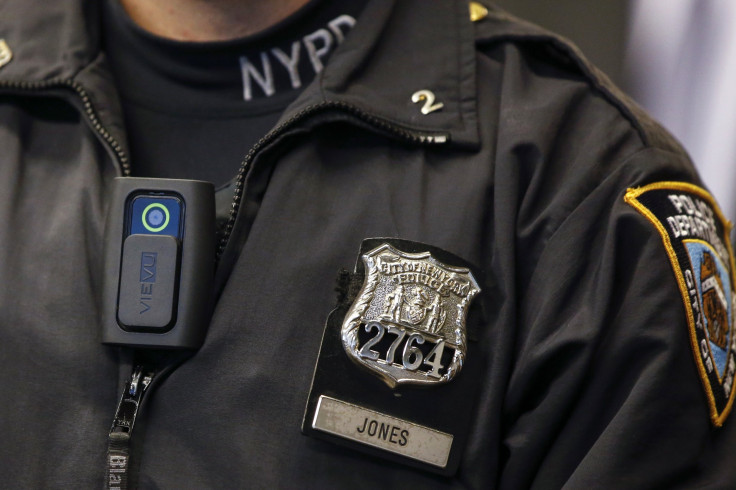Police Body Cameras: Sen. Tim Scott Urges Senate To Discuss Technology In Wake Of Walter Scott Shooting

Sen. Tim Scott, R-S.C., has requested that Sen. Charles Grassley, R-Iowa, chairman of the Senate Judiciary Committee, and Sen. Lindsey Graham, R-S.C., chairman of the Crime and Terrorism subcommittee, hold a hearing to discuss the use of body cameras by law enforcement officers, Scott's office announced Wednesday.
Scott urged them to hold hearings in the wake of the death of Walter Scott, an unarmed black man who was shot and killed by a North Charleston patrolman, Michael Slager, in the senator’s hometown of North Charleston on April 4. Scott called the video of the killing “critical” in the subsequent investigation, adding that he believed body cameras could “positively impact” the ability of police to do their job. Scott’s entire letter can be read here.
“I believe that the deployment of body-worn cameras will provide increased protections for both law enforcement officers and those they serve,” Scott said. “At least one study shows that public complaints against officers wearing body cameras fell by almost 90 percent and that officers’ use of force decreased by 60 percent.”
The South Carolina House of Representatives will vote next week on a bill requiring police to wear body cameras, according to Democratic Rep. Wendell Gilliard. The bill, dubbed the Walter Scott Bill, moved quickly through state judiciary committees, according to WCIV-TV.
The video depicting Scott’s death was recorded by passerby Feiden Santana on his cell phone. The public release of the video prompted South Carolina authorities to charge Slager with Scott’s murder. Slager told police that Scott reached for his Taser. Scott’s death followed a number of high-profile, deadly encounters between white police officers and black civilians, including last summer’s deaths of Michael Brown and Eric Garner. Both killings prompted public outcry and led to national protests.
© Copyright IBTimes 2025. All rights reserved.





















